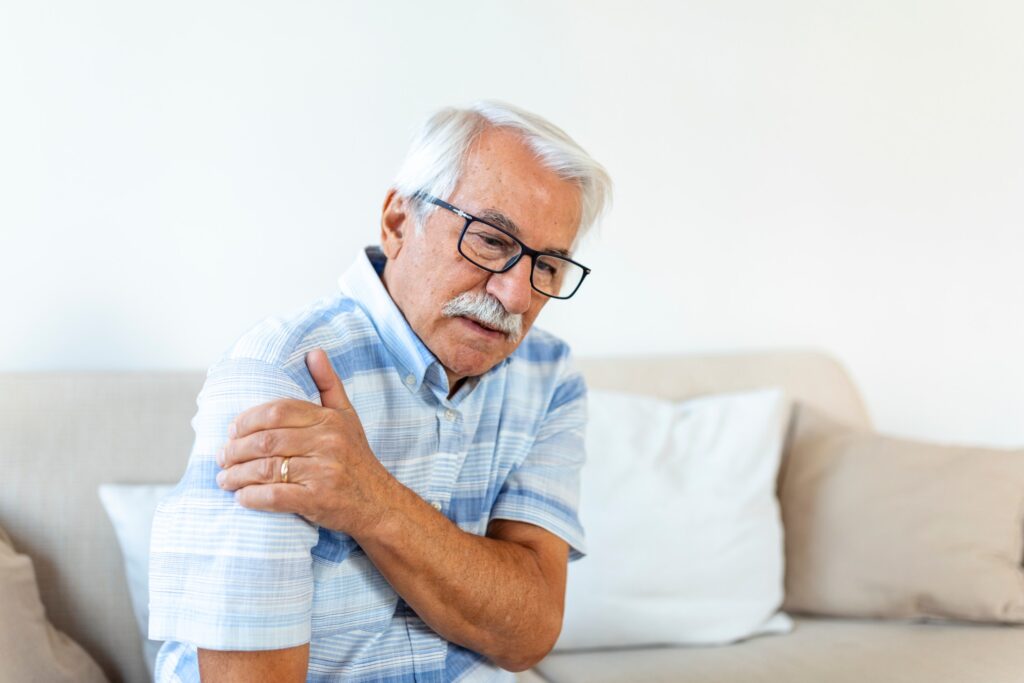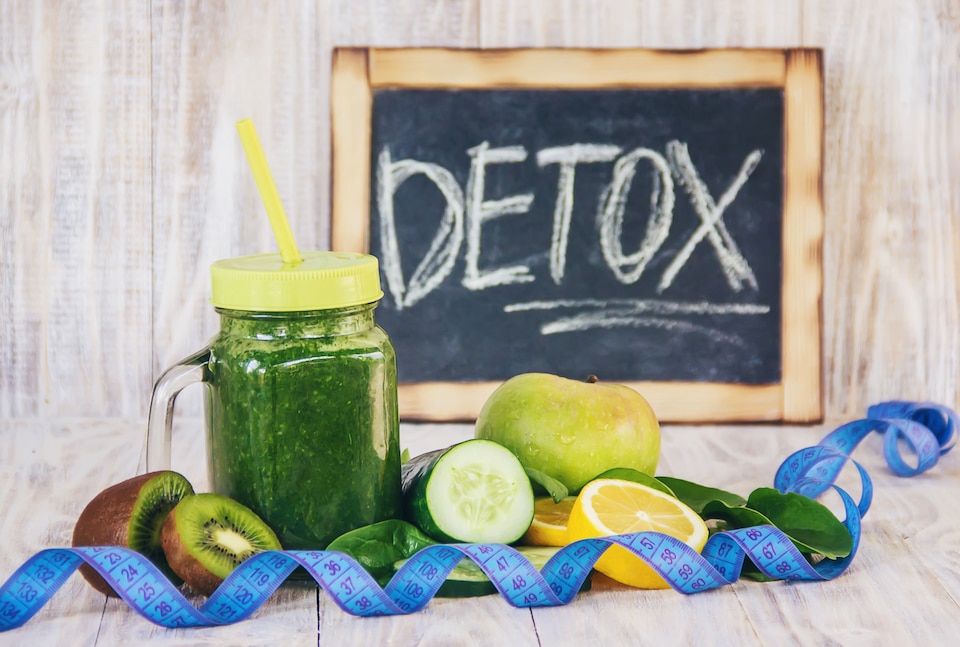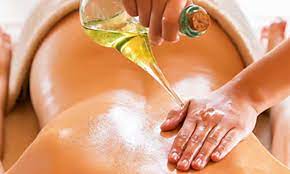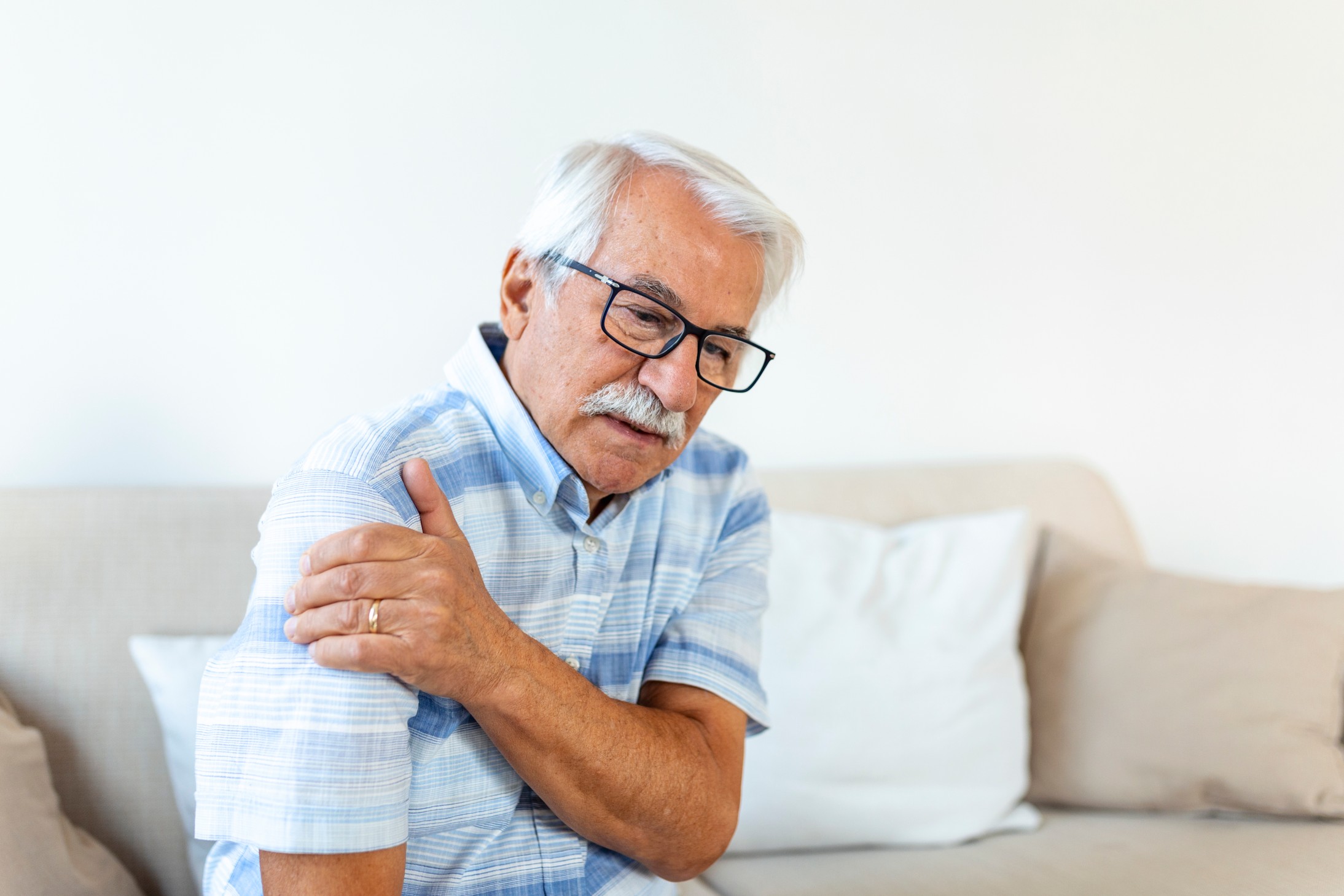Rheumatoid Arthritis (RA) is a habitual inflammatory autoimmune disorder that affects the joints, leading to pain, stiffness, and swelling. In Ayurveda, RA is considered “Amavata,” which is caused due to an imbalance in the body’s doshas, mainly vata and its association with ama.
According to Ayurveda, ama is a toxic waste product that accumulates in the body due to poor digestion and a weak digestive system. When ama combines with vata dosha, it gets lodged in the joints, causing inflammation and pain. Ayurvedic treatment for RA involves balancing the doshas and eliminating ama from the body. This is achieved through a combination of dietary and lifestyle changes, Ayurvedic medicines, and Panchakarma therapies.
Dietary changes involve avoiding foods that aggravate vata dosha, such as cold and dry foods and including warm and nourishing foods in the diet. Herbs such as ginger, turmeric, and ashwagandha are also recommended to reduce inflammation and pain.
Also Read : Ayurvedic Treatment for Amavata (Rheumatoid Arthritis)- A Comprehensive Guide

What is Panchakarma?
Panchakarma is a Sanskrit term that means “five actions.” It is a group of Ayurvedic therapies that aim to detoxify and rejuvenate the body. The five actions involved in Panchakarma are Vamana (emesis therapy), Virechana (purgation therapy), Basti (medicated enema), Nasya (nasal administration of medicated oils), and Raktamokshana (bloodletting therapy).
Also Read : Managing Arthritis Pain with Ayurvedic Lifestyle Practices
The Importance of Panchakarma for Rheumatoid Arthritis Treatment
-
Detoxification of the Body
One of the main causes of RA is the accumulation of toxins in the body. These toxins, known as ama in Ayurveda, accumulate due to poor digestion and a weak immune system. Panchakarma therapies aim to eliminate ama from the body, thereby reducing inflammation and pain in the Joints.

-
Balancing the Doshas
According to Ayurveda, imbalances in the doshas (vata, pitta, and kapha) can lead to various health conditions, including RA. Panchakarma procedures help to balance the doshas and thus reduce inflammation and pain in the joints.
-
Rejuvenation of the Body
Panchakarma therapies not only detoxify the body but also rejuvenate it. The therapies help to improve digestion, boost the immune system, and enhance overall health and well-being. By rejuvenating the body, Panchakarma therapies can help to prevent further complications associated with RA.
-
Individualized Treatment
Ayurveda states that each individual is unique, and there is no one-size-fits-all approach to treating health conditions. Panchakarma therapies are tailored to each individual’s specific needs and health conditions. This personalized approach ensures the efficacy and safety of the treatment procedures.
-
Non-Invasive and Natural
Panchakarma therapies are non-invasive and do not involve the use of drugs or surgery. Instead, the therapies rely on natural remedies, such as herbal medicines, medicated oils, and massage techniques. This makes Panchakarma a safe and effective treatment option for Rheumatoid arthritis management.
Common Panchakarma Therapies Used for RA Treatment
-
Abhyanga (Oil Massage)
Abhyanga involves the application of warm medicated oil all over the body. The oil helps to nourish the skin, improve circulation, and reduce inflammation and pain in the joints.

-
Swedana (Herbal Steam Therapy)
Swedana is a herbal steam therapy that can help to eliminate toxins, improve circulation, and reduce pain and inflammation in RA patients.
-
Basti (Medicated Enema)
Basti involves the administration of medicated oils or decoctions into the colon. The therapy helps to eliminate toxins from the body and balance the doshas.
-
Nasya (Nasal Administration of Medicated Oils)
Nasya involves the administration of medicated oils into the nasal passages. The therapy helps to improve breathing, reduce inflammation in the respiratory system, and balance the doshas.
Panchakarma therapies play a vital role in Rheumatoid Arthritis treatment in Ayurveda. By detoxifying the body, balancing the doshas, and rejuvenating the body, Panchakarma therapies can help to reduce inflammation, pain, and stiffness in the joints. Furthermore, the individualized, non-invasive, and natural approach of Panchakarma therapies makes them a safe and effective treatment option for RA. If you are considering Panchakarma therapy for RA, it is essential to consult a qualified Ayurvedic practitioner who can tailor the treatment plan to your specific needs and health condition. With the right guidance and treatment, Panchakarma therapies can help you manage RA symptoms and improve your overall health and well-being.
Also Read : Tips for Managing Rheumatoid Arthritis with Ayurveda

Leave a Reply